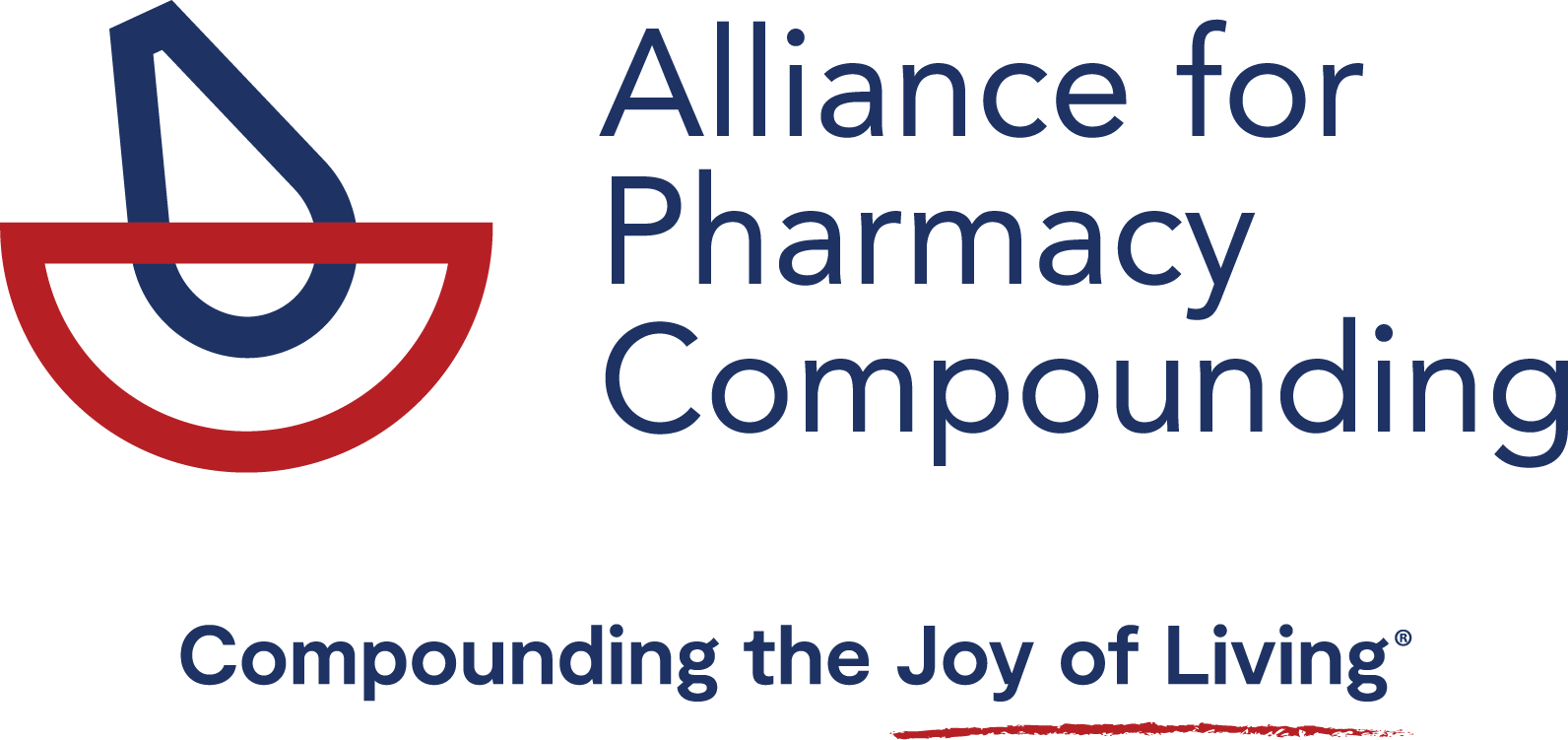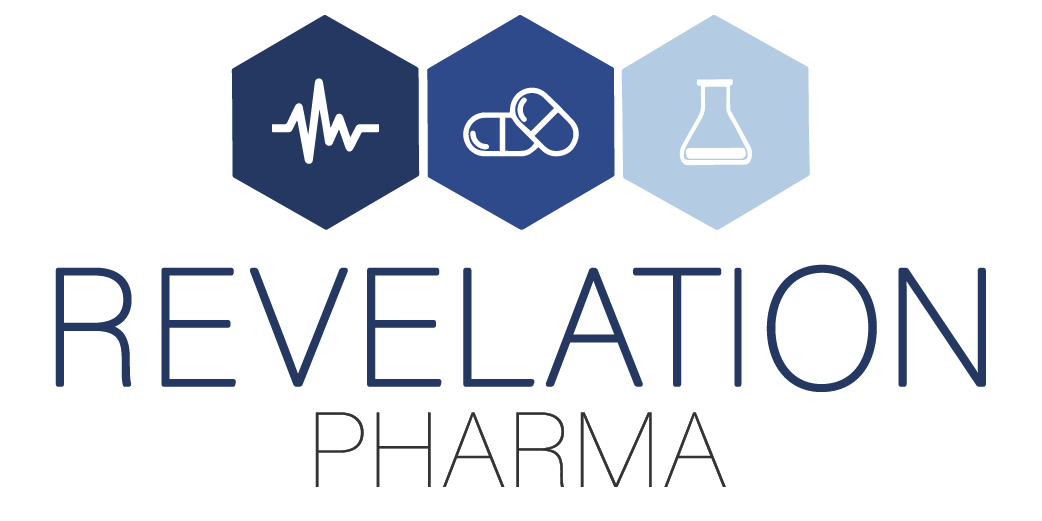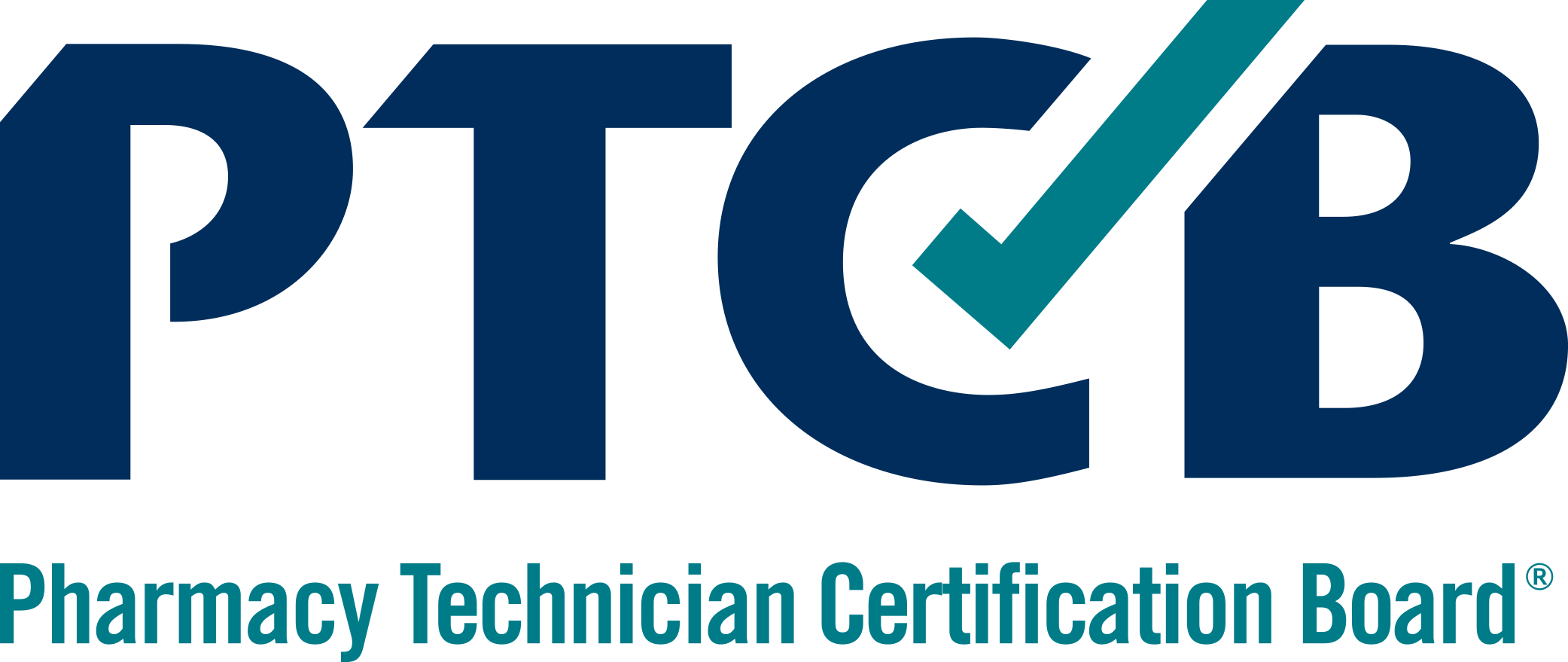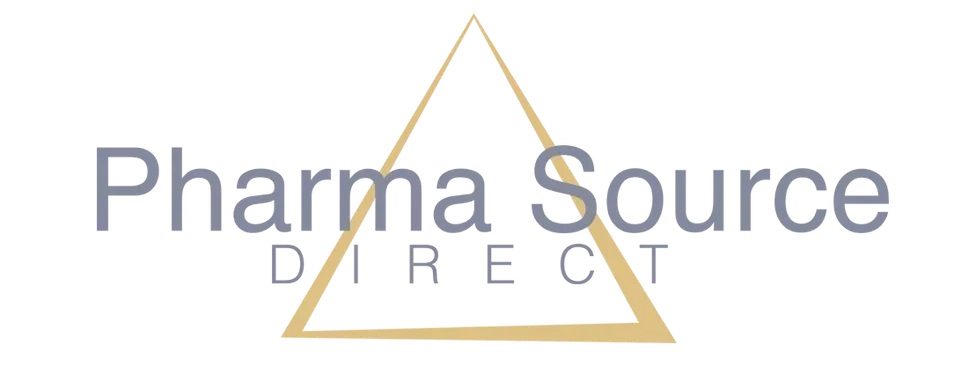February 1, 2023
Heart Health + Hormone Replacement Therapy: Friend or Foe?
You may already be aware that heart disease is the leading cause of death for men and women in the United States. But what you may not know is that cardiovascular disease is not only impacted by factors such as genetics, obesity, or smoking, but also by menopause and andropause.
The use of hormones to offset the effects of menopause/andropause is an option, but first, we have to clarify why they have had a bad reputation, and what medical research is now showing.
Hormone replacement therapy is bad!?
The belief that menopausal women shouldn’t take hormone replacements stemmed from a 2002 study by the Women’s Health Initiative (WHI). Using conjugated equine estrogen (CEE) and medroxyprogesterone acetate (MPA) for the study, the researchers determined that the benefits of HRT were greatly outweighed by the detrimental effects it had on breast and heart health.
But a later analysis of the 2002 WHI trial and newer studies have shown that use of HRT in younger or early postmenopausal women was not as concerning as previously thought and that HRT has a beneficial effect on the cardiovascular system, reducing coronary disease and all-cause mortality.
In December 2020, the American Heart Association (AHA) revised its guidelines and now states that the transition of menopause itself, independent of chronological and ovarian aging, leads to increased cardiovascular risk and mortality.
Less than two years later, the European Society of Cardiology issued a release stating that hormonal changes during menopause are directly related to a decline in cardiovascular health. The announcement referred to a new study that linked hormonal changes during menopause to metabolic alterations that promote heart disease.
Menopausal HRT plays a positive role in the lipid profiles of postmenopausal women. Two 2022 studies showed HRT significantly decreased the levels of total cholesterol, LDL-C, and Lp(a) compared with placebo or no treatment and improved most of the cardiovascular risk factors such as obesity, lipid profiles, blood sugar levels, and arterial hypertension.
So…HRT is good?
The American Heart Association’s updated 2020 clinical recommendations focused on the role of lifestyle interventions—such as eating healthily and exercising, using lipid-lowering medications when needed, and taking hormone replacement therapy (HRT)—for the prevention of cardiovascular disease in menopausal women.
Bottom line: Hormone replacement therapy initiated early among patients with premature or surgical menopause and within 10 years of natural menopause is associated with cardiovascular benefit. The magnitude and type of HRT-associated risks, including breast cancer, stroke, and venous thromboembolism are rare (<10 events per 10,000 women), not unique to HRT, and comparable with other medications.
What about men?
Low hormone levels affect the guys, too. After forty, men’s testosterone levels typically begin to decrease and as a result, the risks for all-cause mortality and cardiovascular health increase. Low T levels in men may increase risk of developing coronary artery disease (CAD), metabolic syndrome, obesity, and type 2 diabetes.
But which hormones are best?
Different formulations, doses, and routes of delivery of hormone therapy have different effects on cardiometabolic markers and cardiovascular risk. For example, transdermal estrogens have less effect on blood clotting, inflammation, lipids, and triglyceride concentrations than oral estrogens, and they pose a lower risk of venous thromboembolism and stroke than oral estrogens. Micronized progesterone has no effect on the risk of venous thromboembolism, whereas other progestogens and progestins cause an increase in risk.
Your compounding pharmacist can work with you and your healthcare provider to test your hormone levels to figure out which ones need replacing. Using that information, along with your bothersome symptoms, your compounding pharmacist can work with your prescriber to create a customized hormone replacement therapy that is right for you.


























![Topi-CLICK a Division of TEAM Outlines[1]](https://a4pc.org/files/Topi-CLICK-a-Division-of-TEAM-Outlines1.png)






